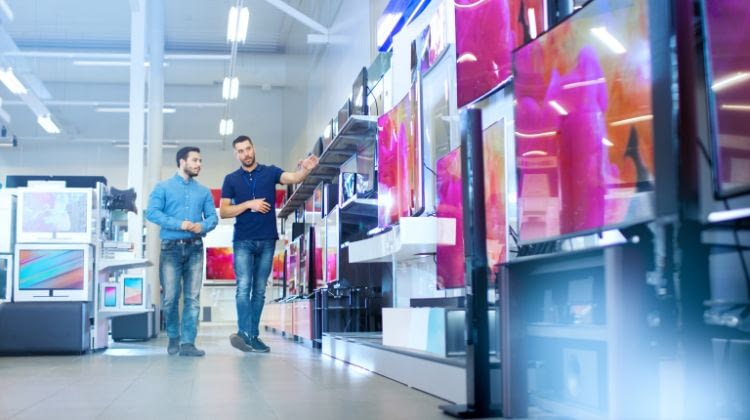
Whether or not you’re familiar with it, EMI (electromagnetic interference) shielding is a part of your everyday life. Here, we’ll explain the basics of EMI and EMI shielding and look at the industries that require EMI shielding technology.
What Is EMI?
EMI stands for “electromagnetic interference,” which results from the electrical flow through circuits in electronic devices. This creates a small magnetic field, which can disrupt the circuits of other devices, causing disruption, malfunction, or even failure. EMI can also come from natural sources, but man-made EMI is much more common today.
What Is EMI Shielding?
Our daily lives depend on electronics, so naturally, we can’t have EMI constantly disrupting our devices. This is the purpose of EMI shielding. EMI shielding is a technology that uses specific metals and materials—copper and graphene, for example—to create a protective barrier to absorb and prevent EMI from disrupting a device’s circuits. Without EMI shielding, a device’s electrical flow and circuits can be easily disturbed, and our devices would fail much more frequently.
Industries That Need EMI Shielding
Many industries require EMI shielding technology to ensure efficiency and safety for workers, but three of the most prominent include consumer electronics, the health-care industry, and military applications.
Consumer Electronics
The most common interaction the daily person has with EMI shielding is through consumer electronics—specifically, smartphones. Practically everyone always has a smartphone in their pocket, but without adequate EMI shielding, these devices would constantly be interfering with one another.
EMI shielding also ensures that your smart watch and other wearable technology function correctly without interference. EMI shielding is one of those technologies that substantially effect our daily lives, even though most people don’t realize it.
Health Care
EMI shielding doesn’t just make sure that your texts send accurately—it also has important effects on the health-care industry, ensuring that life-saving machines operate without a hitch. The health-care industry relies on many electronic devices for diagnosis and treatment, so disruption from EMI can have drastic consequences. EMI shielding safeguards health care’s most vital machines and life-saving technology that patients require every day.
Military
Today, technology and the military are more intertwined than ever, with drones and satellite technology. The defense industry can’t afford to use technology in tactical operations that may malfunction from EMI. Some military experts are even concerned about targeted EMI becoming a future weapon to disrupt electronics, which will require even more advanced EMI shielding technology.